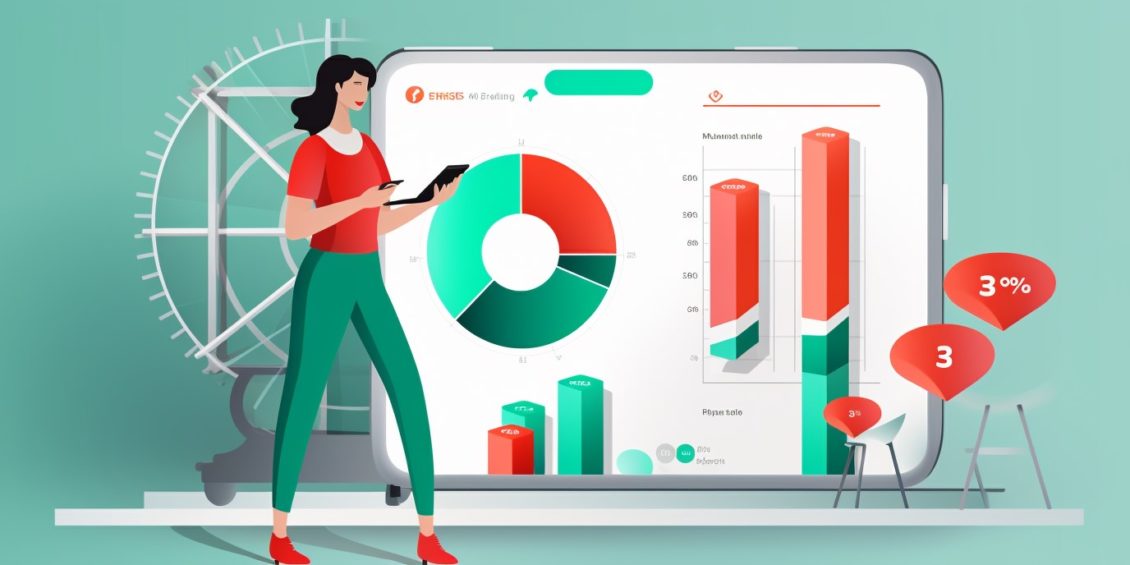
Over the years, the financial industry has been riddled with stereotypes, dominated by old norms and biases. But, since venturing into the world of fintech, I’ve witnessed firsthand how technology has revolutionized finance and taken pivotal steps towards diversifying it.
What I Mean When I Say “Diversity”
In this context, diversity isn’t limited to gender, race, or ethnicity. It encompasses a wider range, including diversity of thought, solutions, and access. Here are a few ways in which I’ve observed fintech make waves in breaking the homogeneous mold of traditional finance:
1. Breaking Gender Barriers
Women have always played a role in the financial world. That said, the fintech sector seems to be leading the way in amplifying female voices and perspectives. With startups offering services ranging from personal finance management to blockchain solutions, women are not just participating; they’re leading. Platforms like Ellevest, geared towards addressing women’s financial needs and goals, show that fintech isn’t just about inclusion. Rather, it’s about understanding diverse needs.
2. Financial Inclusion
Fintech companies are reaching populations that traditional banks didn’t (or couldn’t) serve effectively. For instance, mobile money solutions in Africa and South Asia allow people without access to traditional banking services to participate in the financial system. This isn’t merely diversification; it’s democratization.
3. Promoting Diverse Thought
One of the most exciting things about fintech is the innovative mindset it brings. No longer are we tied to the mantra of “this is how it’s always been done.” Diverse teams, often cross-functional, with varied backgrounds in tech, design, sociology, and finance, collaborate to challenge norms and create out-of-the-box solutions.
4. Accessible Financial Education
We now have apps, websites, and platforms dedicated to spreading financial literacy. In that way, fintech is ensuring that everyone, regardless of their background, has access to financial education. This is crucial because informed users make better financial decisions, leveling the playing field for everyone.
5. Customized Solutions for Diverse Needs
Fintech startups, with their nimble approach, can offer tailor-made solutions for varied demographics. We have apps focused on helping freelancers manage irregular incomes, for instance. There are also platforms catering to the unique challenges faced by immigrants sending remittances, or services aimed at financially empowering the LGBTQ+ community. In this way, fintech is addressing the nuances of our diverse society, as those needs are identified.
6. Mentorship and Community Building
Many fintech entrepreneurs, including myself, are passionate about mentoring the next generation. By doing so, we’re fostering a community that’s rich in diversity and paving the way for a future where finance is inclusive by design, not just by mandate.
The Road Ahead
With its rapid innovations, fintech has actively begun diversifying the financial landscape, not by mere tokenism but by understanding and addressing real needs.
Every digital wallet created for someone in a rural village is an advancement. The same is true of every platform designed to understand women’s financial goals, and every initiative taken to mentor young, diverse talent. Each is a step towards making the world of finance representative of the world at large.
This journey isn’t without challenges. Like any industry, there’s always the risk of reverting to old habits or taking shortcuts. However, as long as we continue to prioritize diversity as a genuine need and not just a box to tick, fintech will remain at the forefront of creating a financial world that’s truly for everyone.
Becoming a business owner in fintech has been both a challenge and a reward. But, every time I see the impact of our work I’m reminded of why diversity in finance matters and how fintech is leading the charge in making that dream a reality.
When we bring a new voice to the table, facilitate financial access for the underserved, or simply challenge the status quo, we’re changing the world. Those small, individual advancements over time are what make the difference.
